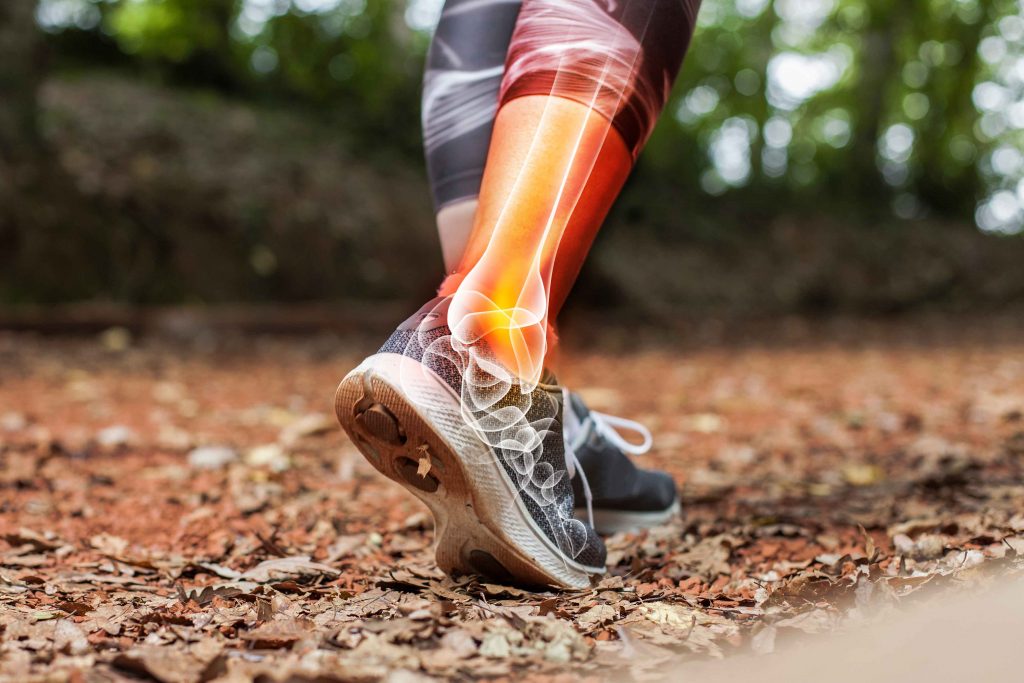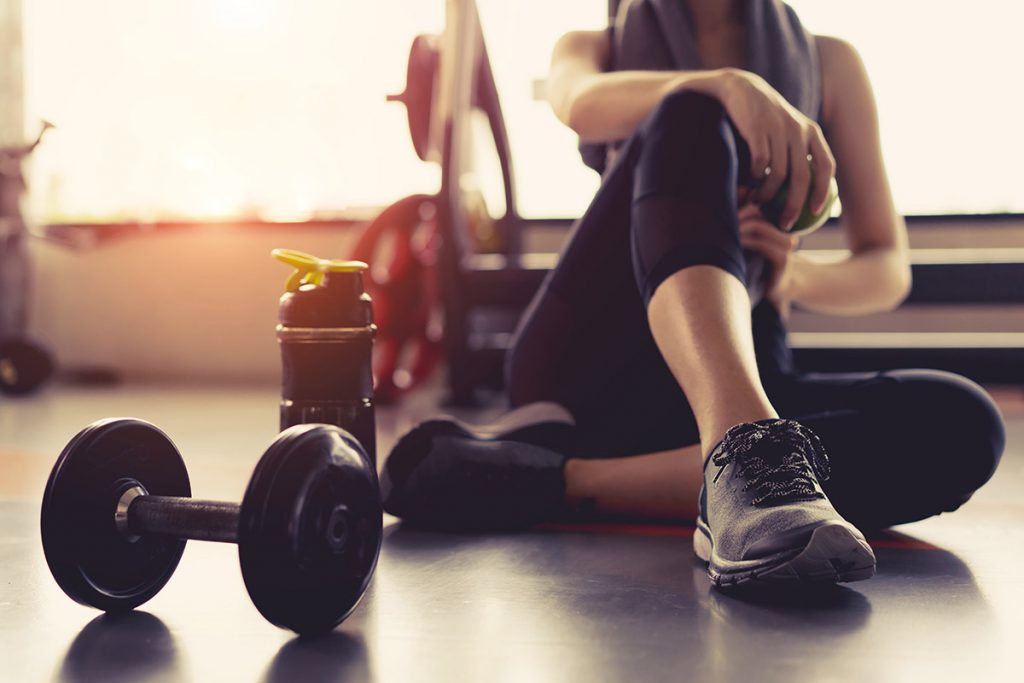Nutrition For athletes

Meal Plans for for Amateurs and Professional Athletes
At Myflex, Dimitris Oikonomakis and the nutritionists of his team provide individual and group counseling and training, aiming at improving the performance of amateur and professional athletes. Because nutrition has been shown to aid in achieving their goals.

Going to the next level, getting better times, improving endurance and strength – the needs of athletes that led to the development of a field of nutritional science focusing exclusively on making the nutrition plan and right meal timing.
His main goal is to provide support to athletes so as to promote their health, maximizing metabolic adaptability in a training program that prepares them to perform better during training and in competitions. While some nutrition strategies allow them to train hard and recover fast, there are also strategies aiming at strengthening their organism to cope with simple training requirements.
The practice of sports nutrition requires scientific knowledge on many fields – such as Clinical Nutrition, Nutritional Sciences, Exercise Physiology and Applied Research– and the ability to combine them. An experienced Sports Nutritionist has both the skills and the expertise needed to help athletes and teams improve in various ways.
Tips and Training
Sports nutrition experts provide tips on the daily food and liquid intake, and special recommendations for pre-, peri- and post-workout/competition nutrition. To design individualized nutrition plans they take into account the particular sport, each athlete’s personal goals and practices, as well as the type of sport (team or individual, speed, endurance or strength).
Nevertheless, age is the most important factor; for young athletes, nutrition is not only a factor to improve performancebut also a factor that affects physical growth and development. Balancing energy intake with energy expenditure sought has two goals: to prevent energy deficit (which can lead to various problems, such as delayed adolescence) and to avoid excess energy intake, which can lead to weight gain.
However, the aim of our scientific team is not only providing the appropriate nutrition plan that promotes good health and normal development, but also to train children, adolescents and young adults taking part in sports or involved in competitive sports – i.e. learning what, when and how to eat. This is the only way to constantly improve their sports performance (adapting their nutritionbased on the conditions), while decreasing fatigue and the risk of disease and accelerating recovery from injuries.


Energy Requirements
An appropriate energy intake is the cornerstone of the athlete’s diet since it determines the capacity for intake nutrients, assists in manipulating body composition and supports optimal body function. To develop a nutrition plan that includes the right balance of macronutrients and micronutrients, it is necessary to understand how they affect energy, as well as how the body uses this energy.
Proteins, that together with carbohydrates and fat are included in the macronutrients, are necessary for enhancing structural changes in non-muscular tissues, such as tendons and bones; fat provides energyand aids the absorption of fat-soluble vitamins and carbohydrates are the fuel of the body. Their combinations help to achieve different goals and manage different types of injuries and diseases. Everyone can improve and perform better through the intake of varying amounts of macronutrients. Therefore, what works for one person does not work for everyone.
On the other hand, micronutrients, which include vitamins, minerals and trace elements, are absolutely necessary to maintain good health. Athletes have increased needs and thus the quantities they should receive exceed those of people leading a sedentary lifestyle. Lack of a scientifically designed diet plan does not only increase the riskof insufficient intake of micronutrients (especially during periods that weight loss is the goal so as to take part in competitions), but also the risks of disruption of the body’s functions, reduced performance and delayed recovery after training.
Timing
Athletes and their coaches at Myflex become familiar with the importance of meal planning, especially when it comes to participating in sporting events that are important for their career. And this is because the ingestion of all types of nutrients at various times throughout the day canhave a favorable impact on the response to exercise.The magnitude of this response is influenced by many and varied factors (age, sex, fitness level, previous diet, volume and intensity of training, time before the next training/race/competition, etc.), which can only be combined by an experienced Sports Nutritionist to develop the appropriate nutritional plan and toplan meal and snack times. This allows to actually achieve the desired performance levels that may seem trivial in reality (for instance, a few hundredths of a second or a few grams) but are of the utmost importance for athletes, and mainly for champions.
.


Food Supplements
Apart from the nutrients that are obtained through natural foods at the right times,a Sports Nutritionist takes into account the need to use food supplements, always from a realistic point of view, since certain products have been shown to contribute in a sport nutrition plan and to improve athletes performance.
However, as health is more important than performance, at Myflex we alwaysaccurately calculate the required dosing for each athlete individually, as consuming more than necessary can have negative effects. To individualize the dose, we take into account the individual sports activity level, the overall nutrition plan and the metabolic state of the body, as well as training intensity, protein type and source, and time of consumption, irrespectively of the source.
Sports nutrition is a dynamic scientific field that keeps developing in terms of the range of support provided to athletes and how this is achieved, so that athletes can achieve even what… seems to be impossible
Through food an athlete not only stores energy to complete their training sessions but also builds endurance, maintains a healthy weight, shields their immune system and recovers fast after intense workouts.
Yes, it’s different. Athletes need to consume many more calories in order to do their long and intense training. Additionally, they require more protein intake, which helps with muscle recovery.
Each person’s needs and the demands of each sport lead to a different answer. The general rule says that athletes should consume 2 grams of protein per each kilo of their body weight.
Yes, it is. There are many vegan products that can constitute nutritious meals. People following this type of diet should make sure that they consume enough protein every day.
A meal low in fat and rich in protein and carbs consumed 4 hours before a competition can nourish the body. Athletes can get some extra energy and rid the sense of hunger by having a fruit or a healthy drink an hour before the competition starts.